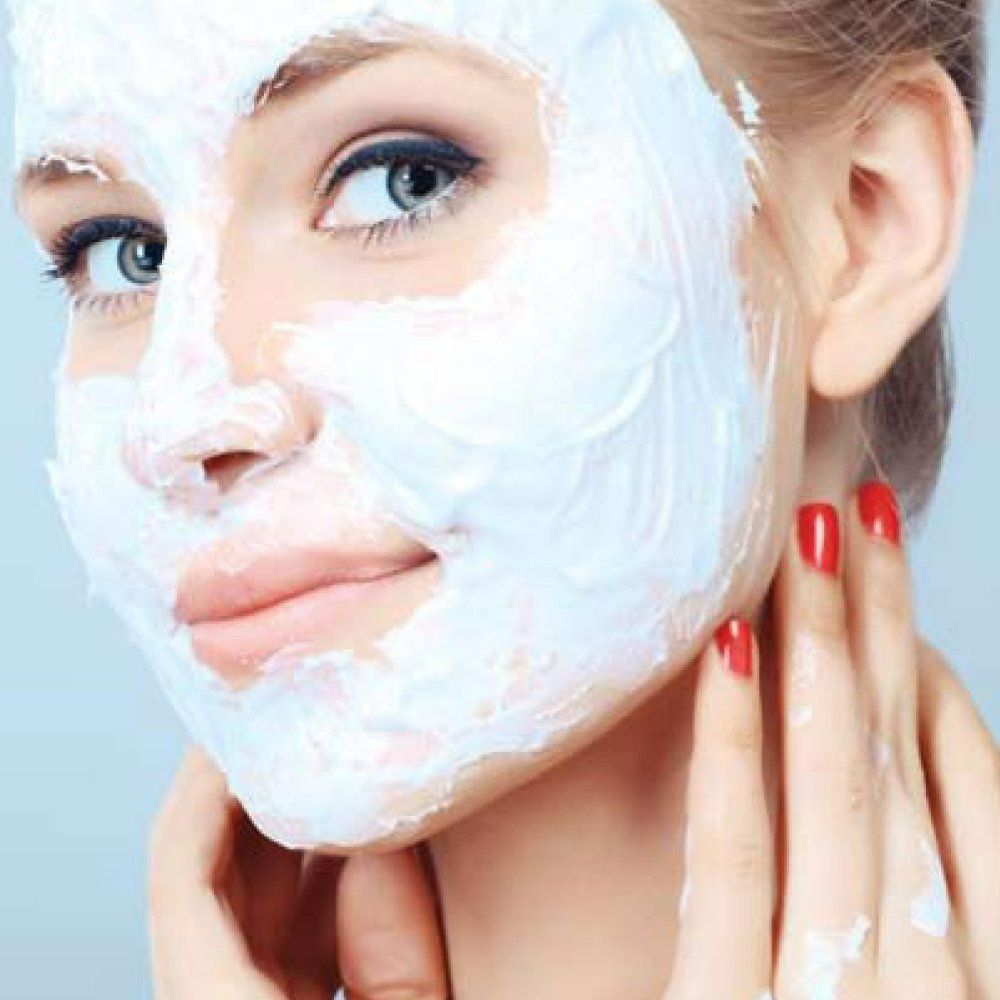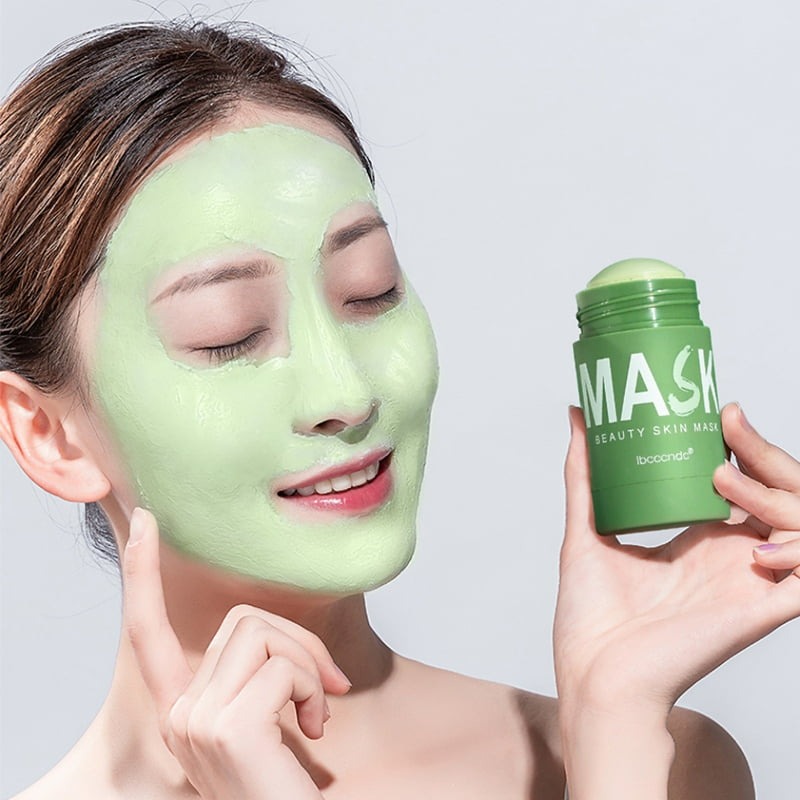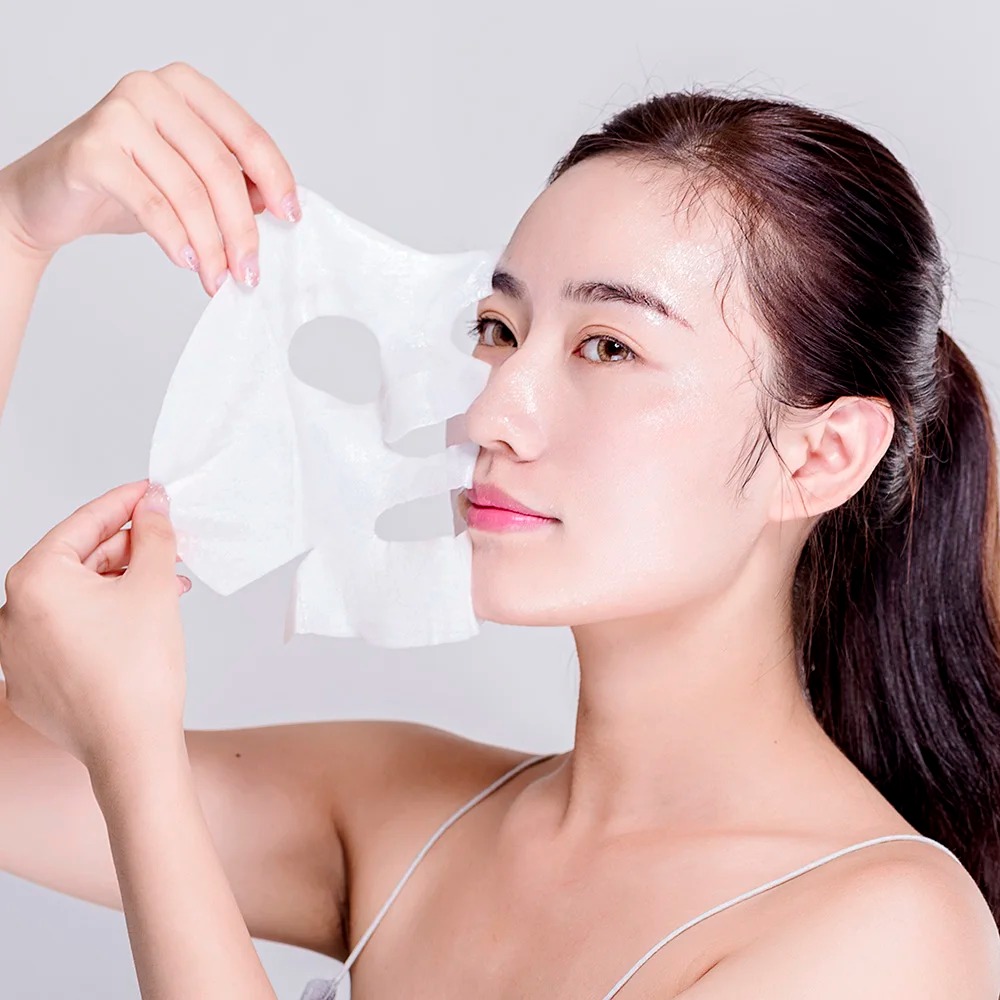The Purpose of Face Masks in Skin Care
Face mask skin care is vital for maintaining a healthy, radiant complexion. Face masks serve several key functions. They deeply cleanse, removing dirt and impurities that daily washing can’t reach. These masks aid in exfoliation, gently removing dead skin cells for a smoother texture. Essential hydration is another benefit. Many face masks add moisture, keeping skin supple and reducing the appearance of fine lines. They also help in tightening pores and firming the skin, giving a more youthful look.
Face masks can deliver concentrated active ingredients. This focused approach targets specific skin issues, such as acne or hyperpigmentation. They promote blood circulation, too. The process of applying the mask and the mask’s ingredients work to improve skin elasticity and overall health. Lastly, face masks offer a moment of relaxation. Along with skin care benefits, the ritual of applying a mask can reduce stress, which positively affects skin health.
In short, face masks in skin care are not just a luxury. They are a multipurpose tool that addresses various skin needs, supports skin health, and contributes to a relaxing self-care routine.

Different Types of Facial Masks and Their Benefits
Exploring the diverse types of facial masks will help you understand the unique benefits they offer to your skin care routine. Here are several varieties of face masks along with their advantages:
- Clay Masks: Ideal for oily and acne-prone skin, clay masks absorb excess oil and impurities, leading to clearer skin.
- Sheet Masks: These are soaked in serum and designed for hydration. They provide a moisture barrier, allowing the skin to fully absorb the nutrients.
- Cream Masks: Perfect for dry or sensitive skin, cream masks deeply hydrate and nourish the skin, leaving it soft and revitalized.
- Gel Masks: Often cooling and soothing, gel masks work well for sensitive or sun-damaged skin as they calm and hydrate.
- Peel-Off Masks: These masks remove the outermost layer of dead skin cells, revealing brighter and smoother skin underneath.
- Charcoal Masks: Known for their detoxifying effects, charcoal masks draw out toxins and clear out pores, improving skin texture.
- Exfoliating Masks: By sloughing away dead skin cells, exfoliating masks promote cell turnover and leave the skin smooth and refined.
Selecting the correct mask based on its benefits can significantly enhance your skin’s health and appearance. Remember to consider what your skin needs most when choosing your face mask skin care for a glowing, vibrant complexion.
How to Choose the Right Face Mask for Your Skin Type
Choosing the right face mask for your skin type is crucial for gaining maximum benefits. Different masks cater to different skin concerns and types. Here’s how you can select the perfect mask for your skin care needs.
- For Oily Skin: Opt for clay or charcoal masks. They absorb excess oil and help unclog pores.
- For Dry Skin: Cream masks are your best bet. They provide deep hydration and nourishment.
- For Combination Skin: You might need to use more than one type of mask. Apply a clay mask on the oily areas and a hydrating mask on the dry patches.
- For Sensitive Skin: Gel masks with soothing ingredients will calm and hydrate your skin without causing irritation.
- For Acne-Prone Skin: Look for masks with salicylic acid or tea tree oil. These ingredients target breakouts and prevent new ones.
- For Mature Skin: Masks with anti-aging ingredients like retinol or vitamin C will firm and brighten the skin.
Always test a small patch before full application to ensure no adverse reactions. Remember, using a face mask suited to your skin type can make all the difference in your face mask skin care routine. It is the key to a glowing, healthy complexion.

The Role of Natural Ingredients in Face Masks
Natural ingredients play a key role in enhancing the effectiveness of face masks. They offer a range of benefits without the harsh chemicals found in some skincare products. Here’s how natural components can improve your face mask skin care ritual:
- Soothing: Ingredients like aloe vera and chamomile calm the skin, reducing redness and irritation.
- Moisturizing: Natural oils and butters, such as coconut oil and shea butter, provide deep hydration.
- Antioxidant Protection: Components like green tea and vitamin E defend skin against environmental damage.
- Anti-inflammatory: Turmeric and honey can decrease inflammation and heal blemishes.
- Exfoliating: Natural acids found in fruits like papaya and pineapple help remove dead skin cells gently.
- Detoxifying: Ingredients like bentonite clay and activated charcoal effectively draw out impurities from the pores.
- Brightening: Citrus extracts and licorice can lighten dark spots and even out skin tone.
In conclusion, natural ingredients offer a gentle yet powerful way to address various skin issues. They can be found in many types of masks and cater to all skin types. For the best face mask skin care results, select masks with components that target your specific skin concerns while also nurturing your skin with nature’s gifts.
Step-by-Step Guide to Applying Face Masks Correctly
Applying face masks correctly can elevate their benefits, ensuring you get the most out of your face mask skin care routine. Here is a straightforward, step-by-step guide to help you apply face masks effectively:
- Clean Your Face: Always start with a clean canvas. Use a gentle cleanser to remove impurities and any makeup before applying a face mask.
- Apply Toner: Swiping a toner over your skin can help to restore pH balance and remove any remaining bits of oil or dirt.
- Use an Applicator: Instead of your fingers, use a face mask brush. This keeps the application hygienic and provides an even layer.
- Amount to Use: Remember, less is more. Applying too much mask can hinder skin breathing and cause waste.
- Avoid Sensitive Areas: Keep the face mask away from sensitive areas such as the eyes and lips. These areas require different care.
- Time It Right: Leave the mask on for the time recommended on the label. Over-waiting might dry or irritate the skin.
- Rinse Gently: Use lukewarm water and a soft washcloth for removal. Gently wipe without scrubbing to avoid skin irritation.
- Apply Moisturizer: Once your skin is dry, lock in moisture with a light moisturizer suitable for your skin type.
By following these simple steps, your face mask skin care routine can help you achieve a healthier, more glowing complexion.

Common Mistakes to Avoid When Using Face Masks
While face masks can be pivotal in a skincare routine, improper use can diminish their benefits or even cause skin issues. Here are some common mistakes you should avoid to maximize the effectiveness of your face mask skin care:
- Using the Wrong Mask for Your Skin Type: As highlighted earlier, selecting a mask that suits your skin type is crucial. Using an unsuitable mask can lead to irritation or ineffective results.
- Over-Application: Applying too much product won’t increase its benefits. It can actually block pores and lead to skin discomfort.
- Skipping Prep Steps: Not cleansing or toning your skin before a mask can trap dirt and oil. This reduces the mask’s effectiveness.
- Leaving Masks on Too Long: Follow the recommended time on the mask packaging. Leaving it on longer can cause skin dehydration or irritation.
- Ignoring Application Tools: Using hands might be quick, but tools like a mask brush provide a more hygienic and even application.
- Neglecting Aftercare: After removing your mask, applying a moisturizer is critical. It helps to seal in benefits and hydrate the skin.
By steering clear of these errors, your face mask skin care routine will be more effective and beneficial.
The Importance of Regular Face Mask Application in a Skincare Routine
Regular use of face masks is key for optimal skin health. It ensures that your skin gets consistent benefits from the active ingredients in masks. Here’s why making face masks a habitual part of your skincare routine is essential:
- Deep Cleansing: Regular application allows face masks to continually clear out impurities and maintain clean pores.
- Enhanced Hydration: With consistent use, your skin retains moisture better which keeps your complexion plump and youthful.
- Skin Repair: Ingredients in masks work over time to reduce signs of damage and aging.
- Improved Texture and Tone: Ongoing application can lead to smoother skin and a more even skin tone.
- Preventative Care: Regular masking can prevent potential skin issues, thanks to its maintenance of good skin health.
By incorporating face mask skin care into your weekly routine, you give your skin a steady dose of care. This keeps it in its best condition. For best results, aim to use a face mask suited to your skin type 1-2 times per week. This will ensure that your skin receives the attention it needs without being overwhelmed by too many treatments. Just remember to not overdo it; moderation is key to avoiding over-sensitization of the skin.
Best Practices for Post-Face Mask Skin Care
After removing a face mask, follow these best practices to keep your skin healthy and glowing:
- Gentle Cleansing: Start with a soft rinse to remove any mask residue.
- Apply Toner: Pat your face with a toner to balance the pH levels of your skin.
- Hydration is Key: Use a lightweight moisturizer to hydrate and repair your skin barrier.
- Sun Protection: If you’re stepping out, don’t forget to apply sunscreen to protect your skin.
- Spot Treatment: If needed, use spot treatment for any specific skin issues after masking.
- Avoid Makeup: Give your skin a break and avoid heavy makeup immediately after a face mask.
Adopting these steps into your face mask skin care regime ensures the health and beauty of your skin. Remember to treat your skin gently and avoid harsh rubbing or heavy products right after mask application. Your skin will thank you with a radiant, rejuvenated appearance.